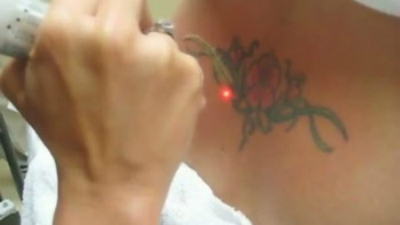A Ugandan bill criminalizing the “willful” transmission of HIV and mandating HIV tests for certain groups is awaiting the president’s signature to become law. Such a law could be a setback in the country’s fight against AIDS.
The bill President Yoweri Museveni will be asked to sign hands out lengthy jail terms for those convicted of intentionally spreading HIV, or attempting to spread it. It also mandates testing for pregnant women and victims of sexual assault, among others.
Ugandan MP Chris Baryomunsi told local journalists he supports the bill because it punishes people who threaten the community.
“The law is not unfairly targeting anybody, but rather it is addressing somebody who has tested for HIV and knows his or her status and, out of malice, intentionally wants to infect others,” said Baryomunsi.
But many experts say the bill is a giant step backward in the fight against Uganda’s HIV epidemic. Civil society and HIV activists have rallied against it. Even the government-run Uganda AIDS Commission refuses to support the bill.
But Dorah Musinguzi, of the Ugandan Network on Law, Ethics and HIV/AIDS, says their efforts so far have been futile.
“The Uganda AIDS Commission came out, and the Ministry of Health in some ways. But this has not been bought. A wise nation at this particular moment would have seen what the technical people are advising,” said Musinguzi.
One concern, Musinguzi says, is the effect the law would have on people’s decision to get tested. You can only be prosecuted under the law if you know your HIV status, she points out.
“According to statistics, Ugandans who have tested are 33 percent. Those who have not yet tested are 67 percent,” she said. “If they have not tested when there was no law that threatens them as potential criminals, are they going to test now that there is a law?”
Uganda is not the first to pass laws criminalizing HIV. Paula Donovan, of the New York-based advocacy group AIDS-Free World, says this is becoming a trend in Africa.
“Since about the turn of the century, when there were no HIV-specific laws at all, it appears that there are about 25 countries in Africa that have attempted in one way or another to criminalize specific aspects of HIV. That’s about half the countries in Africa, and it’s expected that other countries will follow,” said Donovan.
Nor is Africa alone. Prosecutions for intentional transmission of HIV are actually more common in the West, says Donovan, although not always under HIV-specific laws.
Despite the growing prevalence of such laws, there is no evidence that they are even necessary, she adds.
“There’s absolutely no evidence that in any country, in any situation, that criminalizing transmission lowers the incidence of HIV. I don’t think there’s any evidence that there is a great incidence of people who are HIV positive who are going around trying to spread the infection to others,” she said.
Civil society activists say they will try to make their case to President Museveni in person before he decides whether or not to sign the bill into law.
Source: voa news



